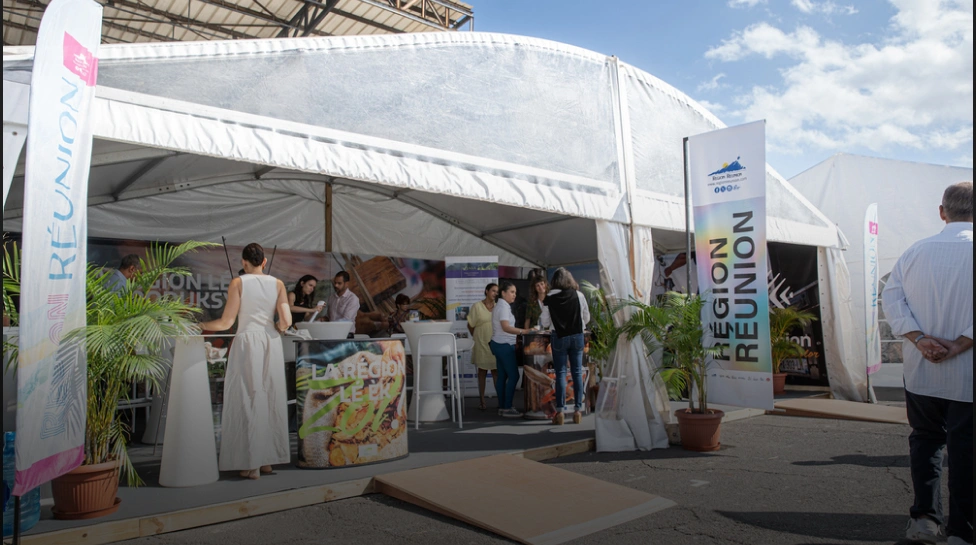Madagascar: A 7.96 % decrease in rice imports
The Rice Observatory’s monthly bulletin reveals an inspiring reduction in rice imports. 15,090 tons of this essential product were imported last April, compared to 80,055 tons during the same period last year.
Economic operators around Madagascar’s rice cultivation can take pride in the latest ODR (Rice Observatory) figures. For several years now, food self-sufficiency has been one of Madagascar’s top priorities. Various conferences and forums have been organized nationally and internationally to forge links between collectors, farmers’ associations, foreign investors, and financing institutions. All this while focusing policies on achieving the goal of food sufficiency. Figures recorded by the Ministry of Agriculture and Livestock through the ODR show that Madagascar is on its way to achieving this. Currently, the volume of rice imports for the period from January to April is significantly lower than that of the previous year. It has decreased from 241,768 tons to 222,519 tons this year, a decrease of 7.96 % in one year.
The decrease in rice imports in Madagascar can be attributed to several factors, including efforts by the Economic Development Board of Madagascar and the national strategy for agricultural development. A plan has been implemented to improve agricultural infrastructure, access to quality seeds, expand cultivated areas, introduce modern farming techniques, and promote irrigation. Consequently, sufficient availability of local rice on the market has been observed. And, by the effect of the law of supply and demand, an average decrease of 14.7 % in the price of paddy, from 1,603 to 1,368 MGA per kilo, between March and April 2023. These factors would explain the evolution in the import trends of this essential product for the 23 million Malagasy people.
Goal of the Big Island
The goal of the Big Island is to reach 5.3 million tons of paddy this year, and 6 million tons by 2024, by the first phase of the National Rice Development Strategy. In 2022, rice production throughout the country was estimated at 4.4 million tons, according to the Ministry of Agriculture and Livestock. On the other hand, according to statistics from the Ministry of Industrialization, Trade, and Consumption, the need for white rice in the country was estimated at 3 million tons in 2022. An average annual import of 700,000 tons of rice is planned to meet this demand.
These import-related figures are expected to gradually decrease in the coming years. Incentive measures for investment in agribusiness are strongly encouraged and supported by investment promotion agencies. All resources are used to achieve this, and the observed facts are encouraging. At the last B2B Agribusiness forum, for example, on June 16, 197 stakeholders were recorded and at least 220 meetings were planned in just two days. Operators in this sector are, therefore, more than motivated to flourish the sector further.






